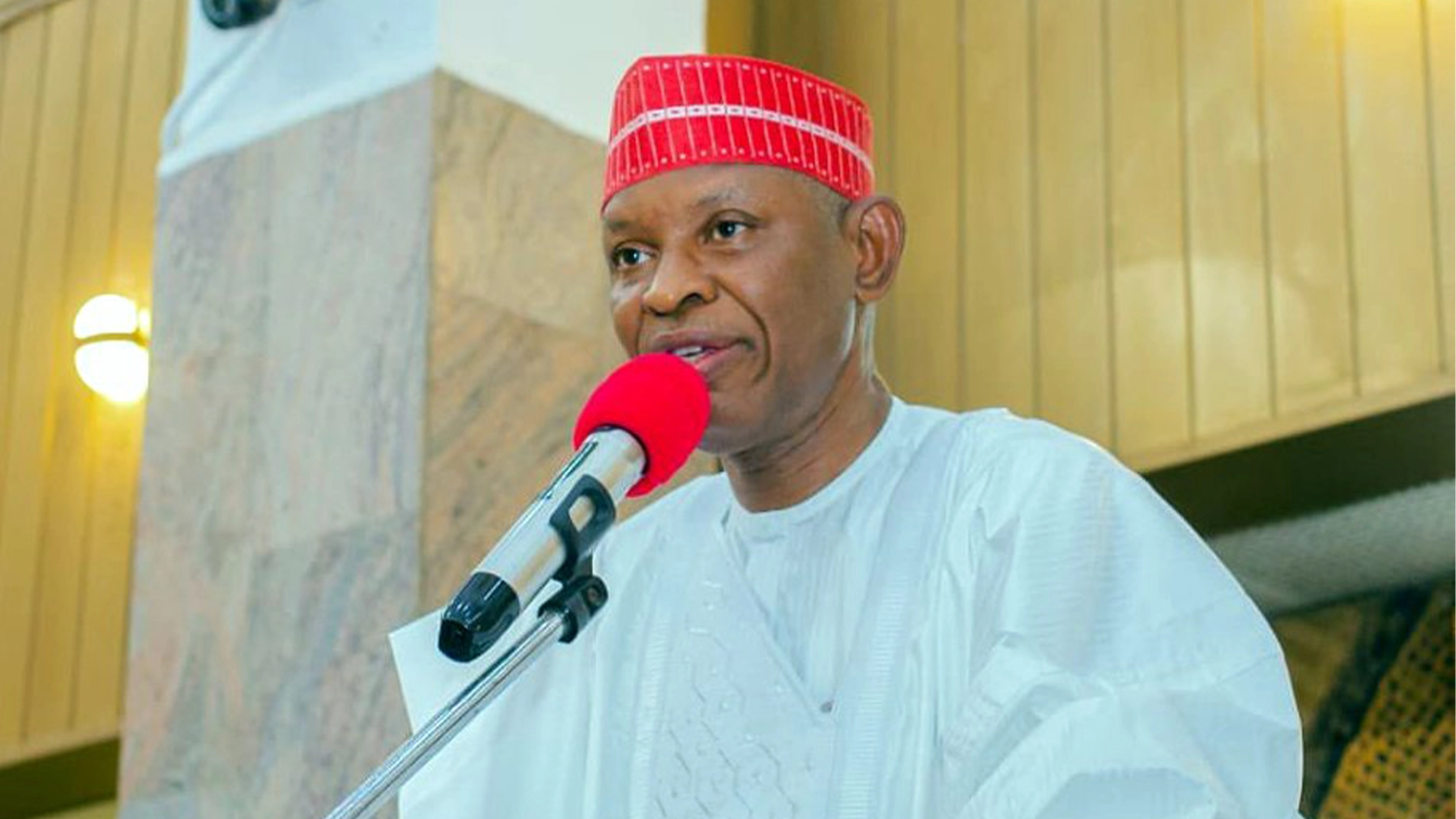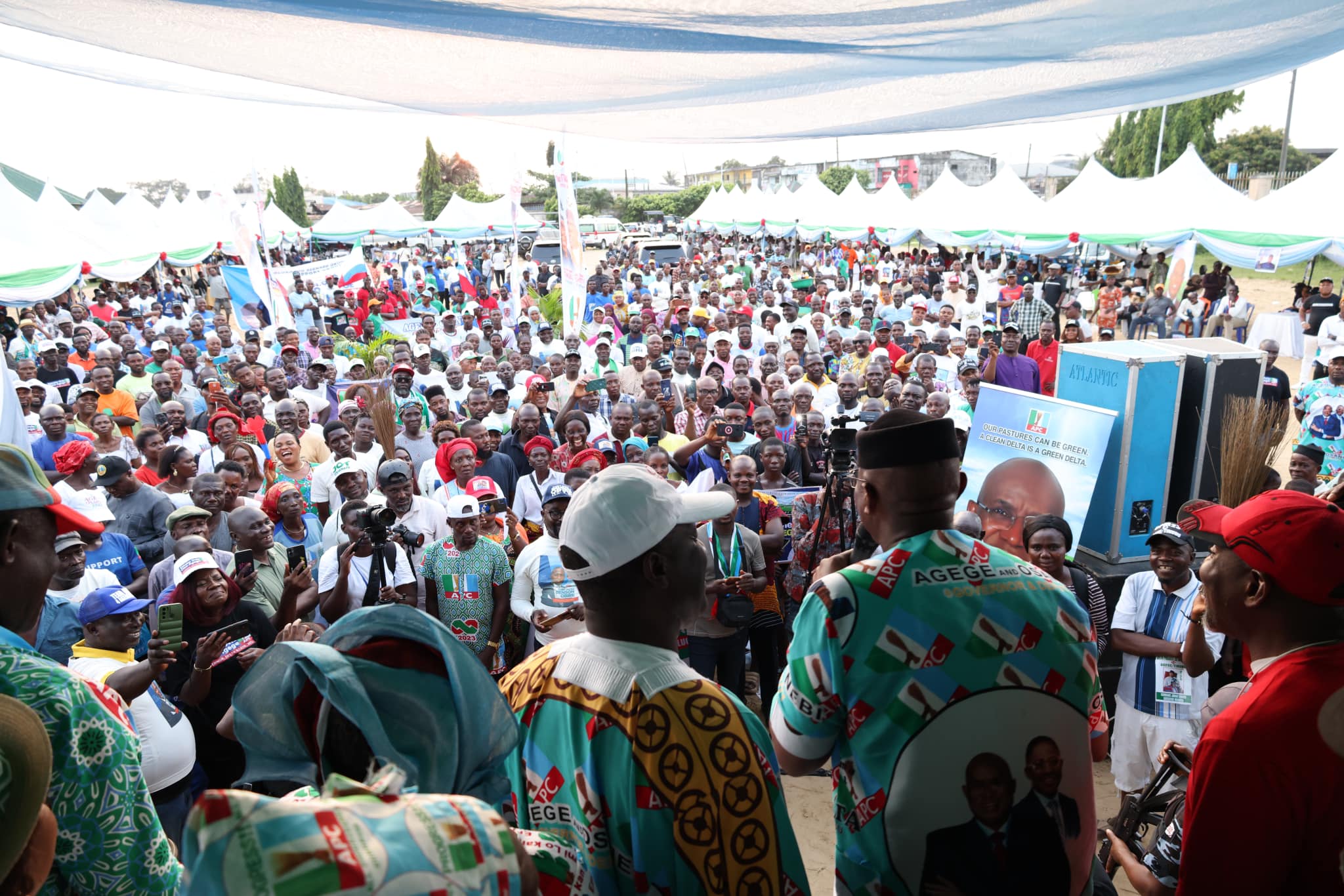Good morning, Mr President. I would like to address some salient issues arising from the recent Annual Conference of the Nigeria Bar Association, which was held in Enugu last week. The conference was held against the backdrop of Barrister Bright Emeka Ngene, one of their colleagues, who has been languishing in Enugu prison since 2024. His offence is that he belongs to a different party, the Labour Party, and refused to sell his conscience through defection to the People’s Democratic Party (PDP), the dominant party in the state.
Not even Afam Osigwe, the NBA President, could remember Barrister Ngene. Let me state that the legal practitioner has two options in his/her legal career: either to serve the oppressive status quo or to serve the oppressed people in the prevailing social order.
However, the keynote speaker, Comrade Julius Malema, exploited the ex-cathedra opportunity to speak truth to power and rile the conscience of the conferees. “It is you the members of the legal profession who interpret the laws we make, who practice the justice we seek to achieve and who fight tirelessly for those who cannot defend themselves in the courts of law,” he intoned.
Turning the flipped side, he continued, “Our duty is not to be instruments of injustice and neocolonialism, it is to be agents of change and this demands of us to be brave enough to identify unjust laws, speak out and form part of those that [who]work tirelessly for our judiciary to be of service to our people.”
On the continental unity and the avant-garde of that unity amidst a return to might-is-right imperialism, he noted that “International law is being undermined by powerful nations that act with impunity, but Africa must insist that the rule of law, not the rule of might, governs global relations. We must not allow the United States or Europe to dictate which struggles are legitimate and which are ignored.
“And this is where the struggle of South Africa and Nigeria must converge again as we cannot speak of Pan-Africanism only when it concerns our borders. We must extend it to every corner of the globe where Black and oppressed peoples resist. The time has come for Africa’s two giants, Nigeria and South Africa, to join hands and lead not only in trade and development, but in global justice.”
In the above, Malema has just reiterated the message of our worthy ancestors on African unity. That message has come a long way: from Edward Blyden, Marcus Garvey, Nkrumah, and Bob Marley to Sankara. The message of the unity of Africans is a living oracle.
Edward Blyden, who laid the foundation for pan-Africanism, envisaged an independent African state free from the plagues of racism and imperialism and the fostering of a universal cultural identity for the Africans whose contribution to global civilisation he underlined. Marcus Garvey would follow in his footsteps by advocating the cultural unification of Africa and envisioning an African state, and consequently championed the exodus of the black diaspora communities to the continent.
With Ghanaian independence in 1957, Kwame Nkrumah upped the ante with his call for the institution of both bureaucratic and superstructural instruments for an African union, underscoring the futility of separate independence of African states. An excerpt from his 1963 speech in Addis Ababa stresses the strength of his conviction: “Unite we must. Without necessarily sacrificing our sovereignties, big or small, we can here and now forge a political union based on defence, foreign affairs and diplomacy, and a common citizenship, an African currency, an African monetary zone, and an African central bank. We must unite in order to achieve the full liberation of our continent”. Bob Marley sealed the call with his lyrics “Africa must Unite” contained in the ten-tracker, Survival, released in 1979. Let devour his message: “Africa unite/’Cause we’re moving right out of Babylon/And we’re going to our Father’s land, yeah/How good and how pleasant it would be/Before God and man, yeah/To see the unification of all Africans, yeah/As it’s been said already, let it be done, yeah…”
In his response to an interview question from Jeune afrique which insinuated a division in Africa’s unity under the auspices of Organisation of African Unity (OAU) on account of the Chadian and Saharawi Arab Democratic Republic (SADR), Thomas Sankara was quick to say that: “with regard to how we conceive of the OAU, there is no room for the color-sensitive. There is only one colour—that of African unity” (see Carrefour africain, August 10, 1984).
Nelson Mandela could not hide his disappointment with Nigeria, which is naturally required to champion, along with South Africa and Egypt, the liberation of the continent. In the tick of the dictatorial madness in 1995, following the execution of Ken Saro-Wiwa and compatriots by the Abacha regime, a miffed Mandela blurted out: “We are dealing with an illegitimate, barbaric arrogant military dictatorship which has murdered activists using kangaroo court and false evidence.
That is what we are up against. Our impatience at [with] the development in Nigeria is a feeling of sympathy towards Nigerians, that a nation that we look up to, should be subjected to tyranny and undermine Africa’s revival and the status of the continent in the eyes of the world”. Mandela was not done. On continental leadership and Nigeria’s centrality to it, he again observed: “The world will not respect Africa until Nigeria earns that respect. The black people of the world need Nigeria to be great as a source of pride and confidence”. With a ubiquitous criminal and rent-seeking elite, it will be hard for Nigeria to assume its historical role to lead and unite Africans. Mr President, stand out, stand tall, and please lead the way.
Prof Akhaine lectures at the Department of Political science, Lagos State University.






